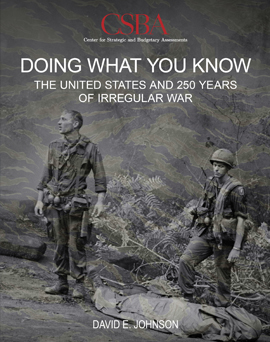Royalist and republican, Khalqi and Parchami, Soviet Union and the West, communist and Islamist, mujahid and Talib, Hanafi and takfiri, al Qaeda and America, warlord and technocrat, Pashtun and non-Pashtun, Islamic Emirate and Islamic State, KGB, ISI, and CIA – all have for decades carried on an uninterrupted struggle in Afghanistan. Attempts to end the war have but established new antagonisms, new conditions of conflict, new forms of warfare. The conflict generates these antagonisms rather than the reverse, forcing us to face the real origins of violence: Afghanistan’s relations to the state system from which it emerged. These theses delineate the ever-changing conflict’s constant causes, which any effort at peacemaking in Afghanistan must address.
History
Almost Diplomatic: EP05 – 16 years Later, 9/11 and it’s Implications
Join the Almost Diplomatic crew to discuss geopolitics, national security and nonsense over a couple beers. Episode Five has us discussing the implications and where we are as a country 16 years after the 9/11 attacks. Spoiler: We talk about Afghanistan, a lot.
Doing What You Know: The United States and 250 Years of Irregular War – Lessons from History about Confronting Irregular Adversaries
A new study has been released by CSBA, “Doing What You Know: The United States and 250 Years of Irregular War,” which looks at the US’s history in confronting irregular adversaries over the last 250 years, with recommendations for the future. Because COIN is hard and messy, our natural temptation is to pivot away quickly and
The Lingering Effects of Concrete Barriers in COIN
In counterinsurgency operations, tactical successes can often lead to strategic failure. Thus the oft-repeated admonishment to consider second and third order effects. One of the reasons for this paradox is the prolonged time-horizons inherent in counterinsurgency, as is aptly demonstrated in an article published by West Point’s Modern War Institute about the use of concrete
Bernard Fall and Vietnamese Revolutionary Warfare: A Missed Opportunity for Counterinsurgency Doctrine?
A recent article by Nathaniel Moir in the Small Wars Journal is well worth the read. In it, he argues that “the legacy of the United States’ Counterinsurgency doctrine includes a contentious foundation” and that the work of Bernard Fall “provided a more circumspect corpus of work from which the United States’ Counterinsurgency doctrine may
